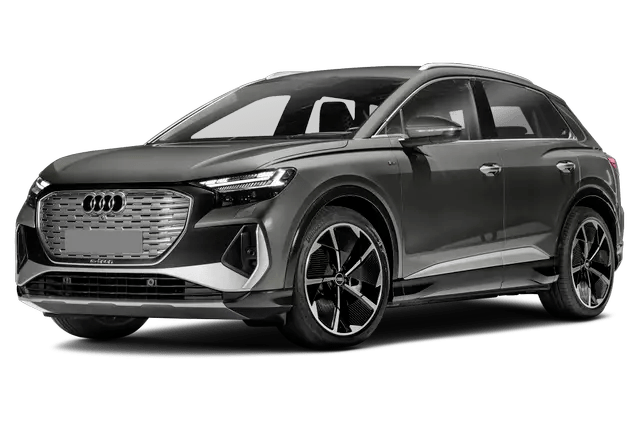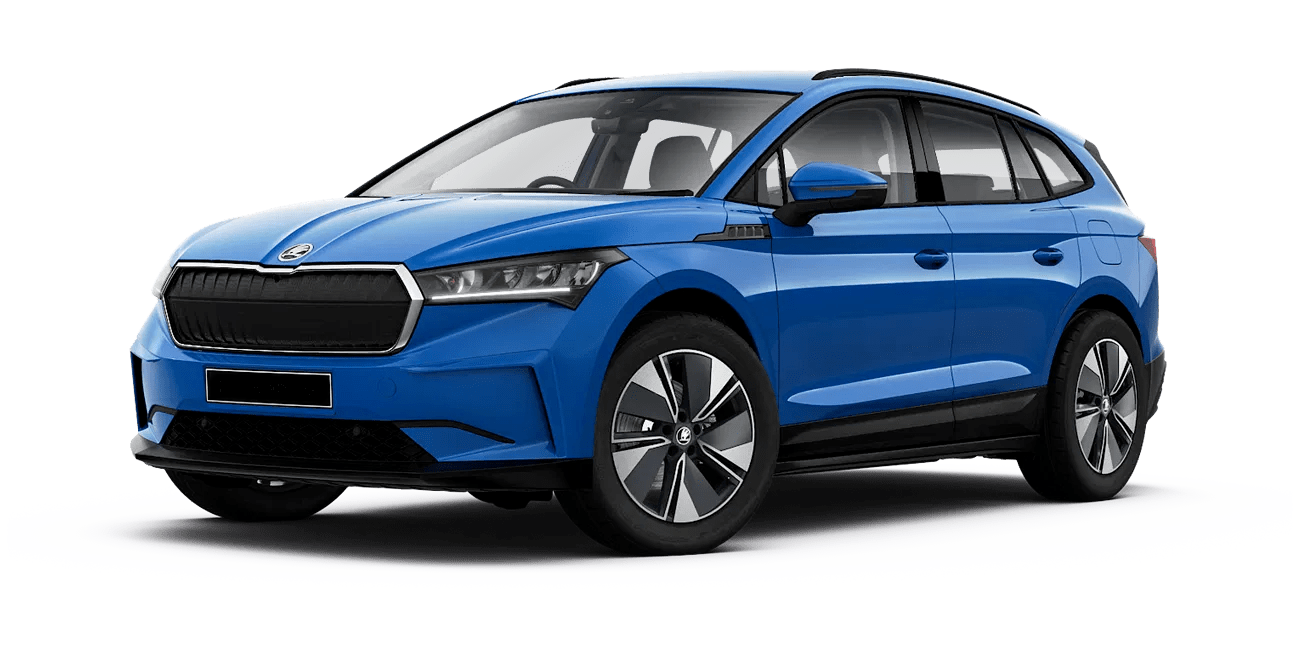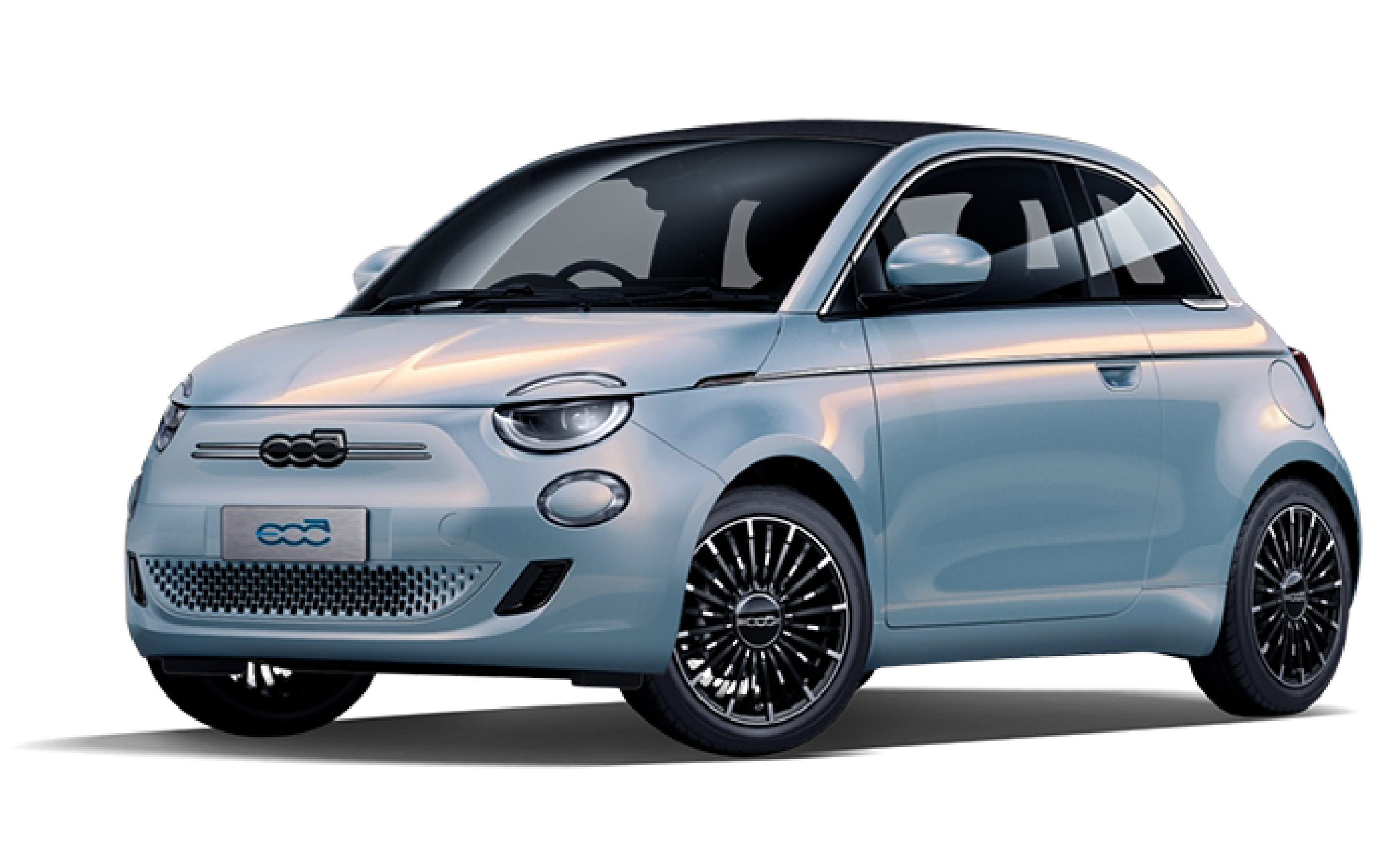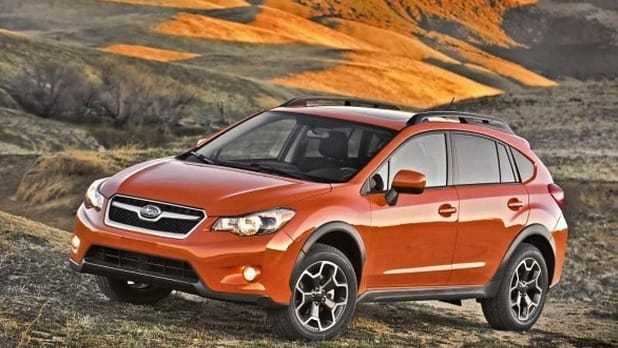Electric car leasing in Switzerland: tips and offers

The trend in Switzerland is clearly moving in the direction of electric cars. Anyone who decides to lease a vehicle these days should therefore consider an electric car. We present the six most popular electric cars in Switzerland.
Leasing a car is now an economical and widespread solution for acquiring a new vehicle - and this is by no means only true for companies and business people. The favorable rates and attractive terms offered by many providers make leasing an interesting alternative that is also attractive to private lessees. At the same time, the automotive market is in a state of upheaval, moving away from the old internal combustion engine and toward the alternative of electric cars. Various factors play a role in the decision pro or contra electric car. Here we offer a guide that covers the most important points:
Advantages
- Role model function (professional and private), at the moment, one is still noticeable with an electric vehicle, that will change soon in the near future
- Proof of less or no CO2 emissions, limiting contributions to global warming
- Low environmental impact due to lubricating oil
- Less smog or noise pollution produced
- Currently exempt from the tax on fuel (see link)
- In various cantons, such as Thurgau, there are already subsidies of 4000 francs (see link)
- Driving comfort, acceleration, slow traffic, use of braking energy
- Presence of free public parking spaces for electric vehicles with charging stations
Drawbacks
- Driving range limited from 150 to 400 km
- Full charging duration may be lengthy
- High load on power grid due to quick-charging stations
- Unclear environmental impact of used car batteries
Remarks
- If you lease an electric vehicle today, you won’t have to worry about the resale value and the aging of the battery.
- Comparison for commuters: 4 years times 250 days at 100 km per day = 100'000 km. Petrol 6 litres/100 km = 6,000 litres. 6'000 liters times 1.67 CHF/Liter = 10'000 CHF VS. Electricity 20 kWh/100 km = 20'000 kWh. 20'000 kWh times 0.20 CHF/kWh = 4'000 CHF
The trend is moving towards electric cars
As more and more manufacturers are jumping on the trend of electric cars due to legal and market changes, there is now a considerable range of available models to choose from. Compared to the standard fuel engine, the advantage of leasing an electric car is that, possible renewed legislative adjustments will not have a negative effect on you and may even serve to your advantage. On the one hand, some cities, such as Basel, already offer specially designated parking spaces. This way, you can avoid the tedious search for a parking space with your e-car and recharge while shopping at the same time. You can also enjoy discounted parking fees. Depending on the canton, you may also pay less motor vehicle tax or even no tax at all. Even the automobile tax, which otherwise amounts to 4% of the vehicle price, is eliminated when driving an electric car. Leasing an electric car can therefore already be a very attractive alternative today and also offers some beneficial financial incentives.
More and more models
As more and more manufacturers are jumping on the electric car trend due to the legal situation and the market situation, there is now quite a respectable range of available models to choose from. Compared to the internal combustion engine, the advantage of leasing an electric car is that possible renewed legislative adjustments will not have an adverse effect during the term. In this respect, you play it safe and even enjoy some advantages with your leased vehicle. For one thing, some cities, such as Basel, offer specially designated parking spaces. This means you can avoid the hassle of searching for a parking space with your e-car and recharge while you're out shopping. You also benefit from reduced parking fees. Depending on the canton, you will also pay less motor vehicle tax or even have it waived altogether. The automobile tax, which otherwise amounts to 4% of the vehicle price, is also not incurred with an electric car. Leasing an electric car can therefore already be a very attractive alternative today, which also offers some financial incentives.
Model selection
When deciding on a leased car, model selection is of course a key consideration. Fortunately, car manufacturers have long since recognized the trend and now offer different models for every need. First of all, you should therefore narrow down which models from which manufacturer might be suitable for your own needs. The spectrum is quite wide and ranges from a nippy city model to a luxurious sedan with plenty of space and power. Here we present the six most popular models in Switzerland:
Tesla Model 3:
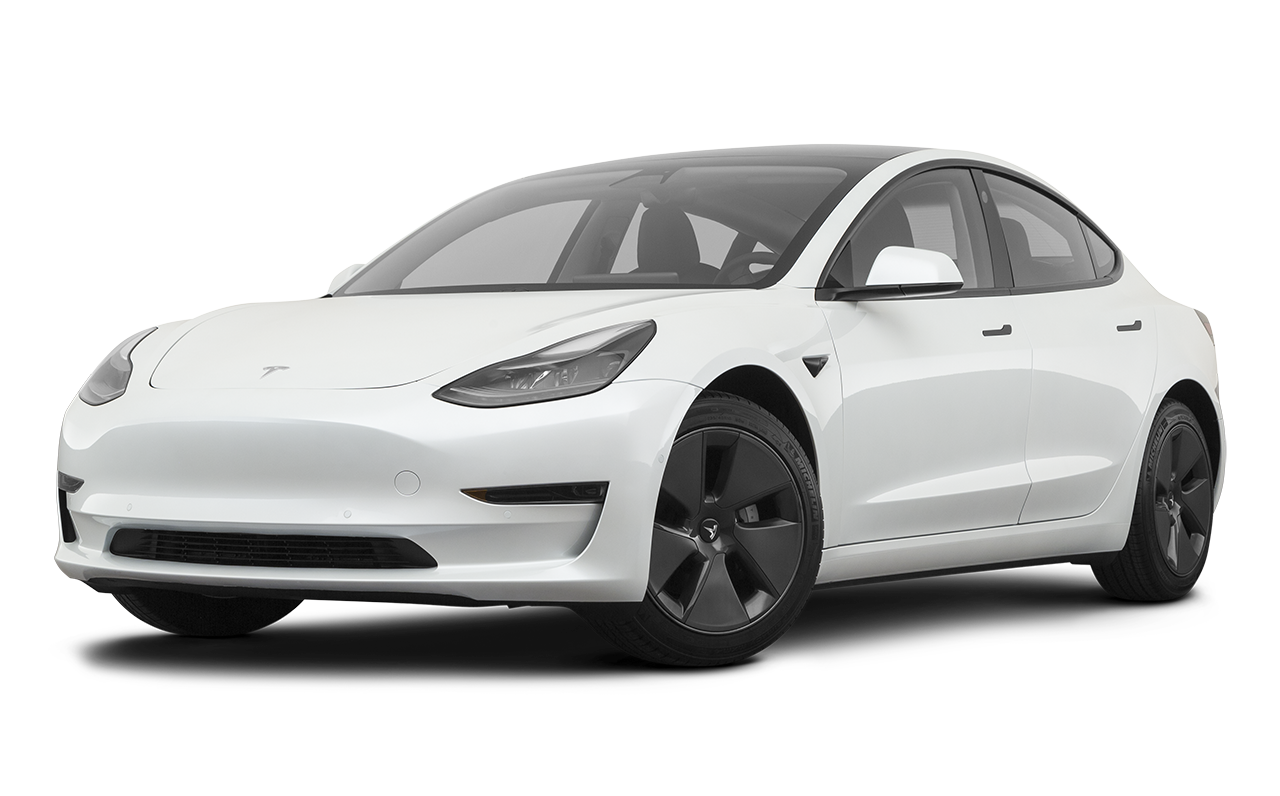
- Fast charge: 30 minutes
- Wallbox: 4 hours
- Domestic socket: 21 hours
- Purchase price: from 45,000 CHF
- Leasing rate: from 437 CHF/month
Tesla Model Y:
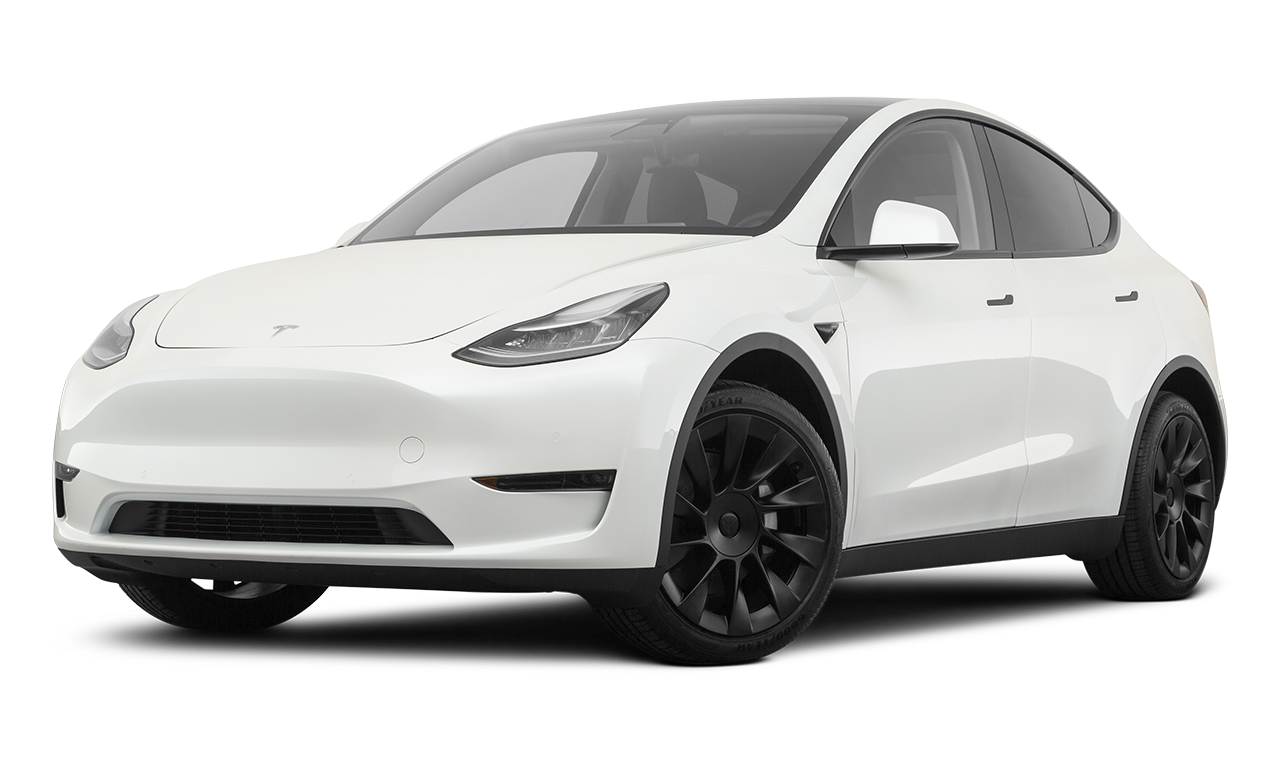
- Fast charging: 30 minutes
- Wallbox: 6 hours
- Household socket: 28 hours
- Purchase price: from 64'000 CHF
- Leasing rate: from 640 CHF/month
- Fast charging: 50 minutes
- Wallbox: 6 hours
- Household socket: 29 hours
- Purchase price: from 48'000 CHF
- Leasing rate: from 823 CHF/month
- Fast charging: 90 minutes
- Wallbox: 6 hours
- Household socket: 19 hours
- Purchase price: from 45'000 CHF
- Leasing rate: from 582 CHF/month
- Fast charging: 30 minutes
- Wallbox: 4 hours
- Household socket: 20 hours
- Purchase price: from 46'000 CHF
- Leasing rate: from 529 CHF/month
- Fast charging: 40 minutes
- Wallbox: 4.5 hours
- Household socket: 15 hours
- Purchase price: from 32'000 CHF/month
- Leasing rate: from 214 CHF/month
Subsidy - also for the leasing vehicle
Another plus point for the electric car is the government subsidy, which also applies if the car is leased and not purchased. Switzerland has set itself the goal of 15% of newly registered vehicles being electric by 2022 and has therefore set up some attractive incentives. This package of measures is called the "Roadmap 2022". The goal is to boost the economic attractiveness of electric cars in order to achieve a higher market share. The exact amount of the subsidy depends on the place of residence, as the respective canton decides here whether subsidies are granted and up to what amounts. There is no rebate on the purchase price, but depending on the canton, you can enjoy attractive tax breaks. As things stand, the subsidy applies to the purchase or lease of a new electric car. When purchasing an electric car, the import tax of currently 4% of the purchase price is also waived throughout Switzerland.
Economic efficiency
The demand for electric cars is increasing not only due to the subsidy, but also due to the general trend of environmentally conscious driving. Due to this higher demand, the purchase price for a new car has dropped significantly in recent years. If one considers not only the purchase price or the leasing rate, but the entire cost package including tax and maintenance, and calculates with a sharp pencil, electric cars are not necessarily more expensive today than comparable vehicles with combustion engines; in many cases, they are sometimes already cheaper. In the coming years, this ratio is expected to shift further in favor of electric cars as fossil fuel prices rise. Customer service and repairs are also easier to perform at longer intervals on an electric car with far fewer parts to maintain. Depending on the lease agreement, this can also be an advantage financially. As far as operating costs are concerned, electric cars powered by electricity are already cheaper to run than vehicles with fuel engines. Electric motors also require fewer operating fluids such as oils and coolants than internal combustion engines. The component that makes the biggest financial impact on the maintenance of an electric car is the batteries. Replacing batteries is comparatively expensive. However, manufacturers are working to reduce this cost through new technologies, improved charge cycles and cheaper manufacturing, so it is expected that this item will be somewhat less costly in the future.
Development focuses on electric - Conventional motors are hardly being developed any further
This point is especially important for car enthusiasts, with all vehicle owners benefiting from technological advancements. In fact, the course is now clearly set for the electric car. If you follow the news from the industry, it becomes clear that the good old combustion engine will be obsolete at some point in the near future. This naturally means that manufacturers prefer to focus their research and development budgets on more promising products and technologies. So anyone who attaches importance to taking advantage of technical innovations and always staying up to date will not be able to avoid the electric car. Already today, driving behavior, performance and range are drastically improved when compared with the initial models. It can be assumed that this trend will continue, leading to further improvements in range and possibly to further technical innovations. If we look analogously at the development of the gasoline and diesel engine over the last 100 years, this certainly promises some exciting developments with regard to electric cars that we can only guess at today. So, on the whole, if you want to stay at the cutting edge of technology, go electric. As far as the internal combustion engine is concerned, on the other hand, we can assume that the further development that has taken place so far in terms of performance, consumption and economy has now come to an end. At the same time, this also means that those who are still rather skeptical about the electric car today will soon run out of arguments, because work is being done feverishly on the problems that still exist in some areas, such as the lack of charging options and the short range. It is to be expected that these hurdles will be overcome across the board. However, it is worth giving this point in particular some careful thought. After all, further technical development can also lead to models available today becoming technically obsolete quite quickly, which would result in a more rapid decline in value.
Environmental protection
Among car drivers today, there is a growing awareness of the need to drive in a way that is as environmentally friendly as possible. However, the debate about diesel vehicles and the current production of batteries for electric vehicles shows that we need to take a closer look. The production of batteries is very resource-intensive, and some experts have expressed doubts as to whether the mass production of electric cars can really solve the energy problems and CO2 issue. In addition, there is the sporadically high demand for electricity to charge electric cars, which could overwhelm some local grids as the technology becomes more widespread. In turn, some scientists condemn the debate about the harmfulness of diesel vehicles as exaggerated or even incorrect. The fact remains, however, that fossil fuels are an increasingly scarce and expensive resource, so it's worth considering whether it's worth investing in electric technology today, especially given the current subsidies.
Suitability for everyday use - assessing one's own situation
However, the advantages mentioned above can also prove to be a disadvantage in individual cases. It is not possible to install a private charging station at home in every situation. And those who are on the road a lot have to plan longer standing times for recharging, which is also not always feasible. Therefore, an electric car as a first vehicle that is used a lot and needs to be ready to drive all the time may not be the right choice at this point in time. Therefore, weigh well whether an electric car is a feasible solution at this time and in your situation. Ultimately, it is a case-by-case decision and we hope to have presented the most important pro and con points in this article to make such a decision easier.
